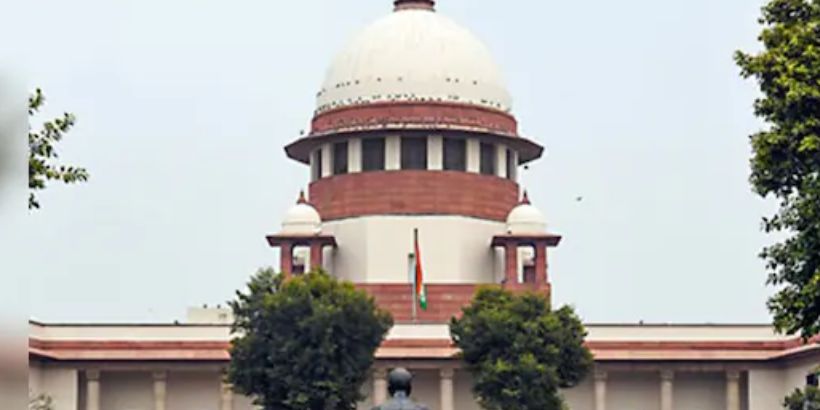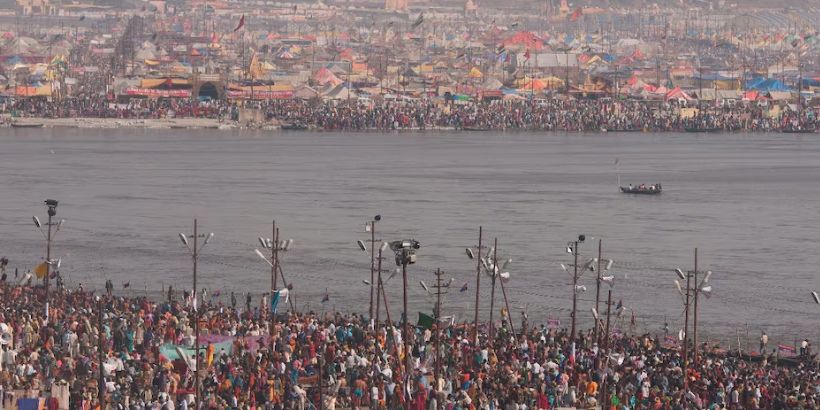Today is an important day in the history of the Supreme Court. Why not, the country’s highest court is going to hear the constitutionality of the Places of Worship Act of 1991, which has been pending for a long time. Let us tell you that ever since the constitutionality of the Places of Worship Act was questioned, it was challenged in the Supreme Court. In this regard, senior advocate Vishnu Shankar Jain has filed a petition in the country’s largest court. Not only this, a total of 6 petitions related to challenging the constitutionality of this Act have been filed in the Supreme Court, on which the court will hear today. According to the information, today at 3.30 pm, the Supreme Court will hear the petitions challenging the constitutional validity of the Places of Worship Act 1991. Let us tell you that a bench of three judges led by Chief Justice Sanjeev Khanna will hear this matter.
Why is the cutoff date in the Places of Worship Act only 15 August 1947?
Well, regarding this matter, let us tell you that on December 5, lawyer Vishnu Shankar Jain had said that “We have challenged the constitutional validity of the Places of Worship Act 1991. Jamiat-Ulema-e-Hind is citing this Act and saying that you cannot go to court in any matter other than Ram Mandir.” Vishnu strongly opposed Jamiat-Ulema-e-Hind and said that “this thing itself is wrong and unconstitutional.” The biggest question is why the cutoff date in the Places of Worship Act is 15 August 1947. The cut off date should be 712 AD, when Mohammad Bin Qasim first attacked undivided India and destroyed the temples here.”
Read Also:- Operation Lotus in Maharashtra? Many leaders may leave MVA, this leader’s statement created a stir
Despite opposition, the bill was passed in the House in a hurry
In fact, by the time Narasimha Rao’s government came to power in 1991, many big controversies like Ayodhya arose. To stop this, the Places of Worship Act was introduced. BJP had strongly opposed this act in Parliament. The opposition was so much that there was a demand to send this bill to the JPC, but despite this, this bill was forcibly passed in the House. Let us tell you that the Congress government of the then Prime Minister Narasimha Rao had passed a law called ‘Places of Worship Act‘ in the Parliament. According to this law, any religious place that came into existence before 15 August 1947 cannot be converted into a place of worship of another religion. At that time the Ram temple case was in the court, so Ram temple was kept out of the purview of this law. Apart from this, the Places of Worship Act was passed in the Parliament. There is also a provision for punishment in the Worship Act. Violation of which can result in imprisonment of one to three years and fine as well.
Latest News Supreme News Network
#LegalUpdate #ConstitutionalRights #IndianLaw #WorshipPlacesDispute #SupremeCourtToday #LegalBattle #Act1991Review





